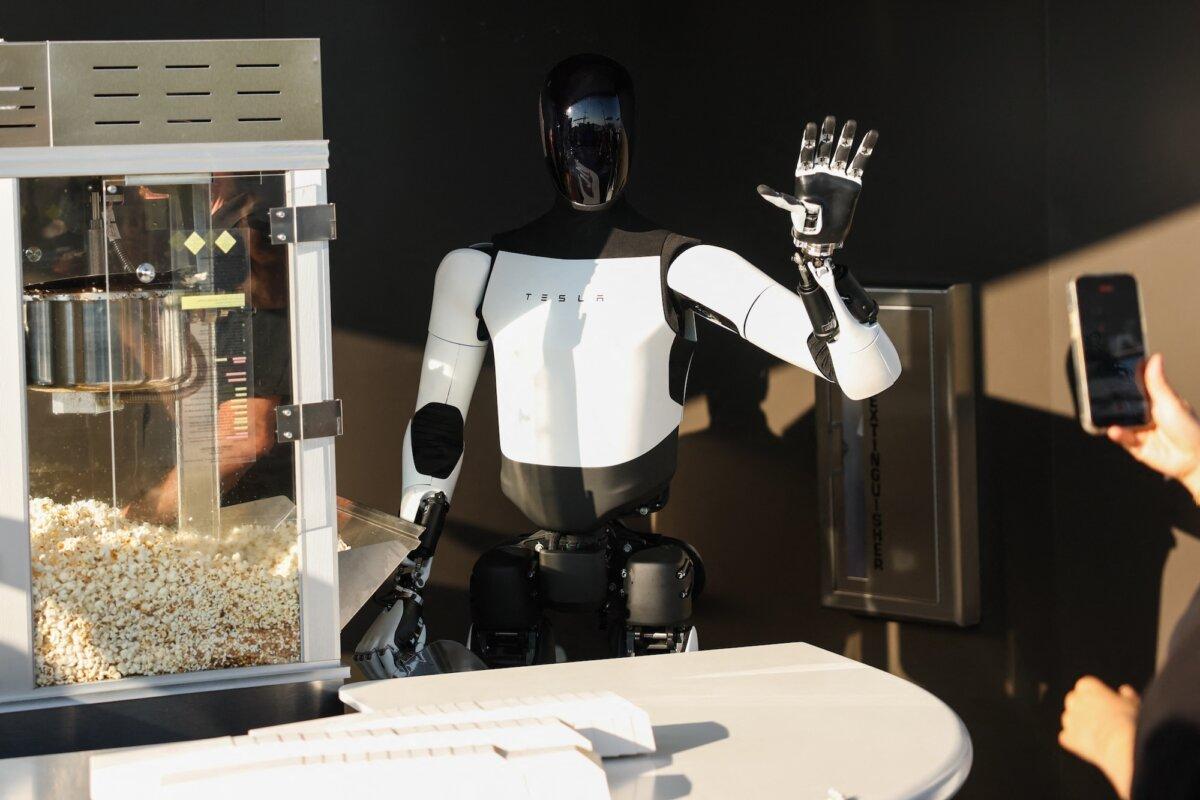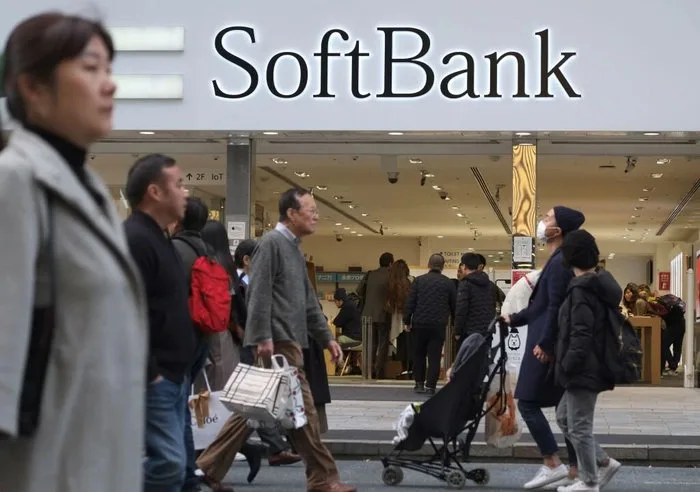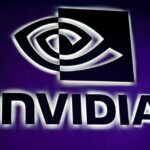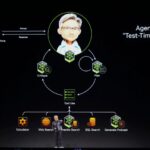By Andrew Moran
Shares of artificial intelligence (AI) chipmaker Nvidia sank about 3 percent after Japan’s SoftBank sold its entire stake in the company to bankroll its investments in ChatGPT developer OpenAI.
In its quarterly earnings results on Nov. 11, the Japanese investment holding giant disclosed that it sold 32.1 million Nvidia shares in October, totaling $5.83 billion.
The company also confirmed that it sold part of its T-Mobile stake for nearly $9.2 billion, as well as upsizing its margin loan to $20 billion for its semiconductor intellectual property company, Arm.
These actions were part of the organization’s “asset monetization” strategy, Yoshimitsu Goto, SoftBank CIO, said.
“We want to provide a lot of investment opportunities for investors, while we can still maintain financial strength,” Goto said during an investor presentation.
“So through those options and tools, we make sure that we are ready for funding in a very safe manner.”
A key driver of growth will be its continued investment in OpenAI.
Next month, SoftBank will invest an additional $22.5 billion, it said, adding that it “reinforces our long-term partnership” with one of the world’s leading AI developers.
“This growth confirms OpenAI’s leadership and its importance to our strategy as we move toward artificial super intelligence,” Goto said.
This is not the first time that SoftBank has offloaded its holdings in the chipmaker.
In 2019, after accumulating approximately $4 billion, the company dumped its holdings to realize its gains and shuffle its investment portfolio.
Meanwhile, in addition to maintaining its push into the AI juggernaut, SoftBank will also allocate the funds to other projects, including the acquisition of ABB’s robotics unit.
“It will join our broader robotics portfolio, which includes companies like Wayve—a leader in autonomous driving technology,” Goto said.
“Through these investments, we are bringing AI into the physical world—where intelligence meets motion—and creating new opportunities for growth.”
Shares of Nvidia fell about 3 percent to around $193. This year, the stock has soared by nearly 40 percent.
Blowing and Popping AI Bubbles
SoftBank founder Masayoshi Son has made the AI revolution the center of its investment endeavors.
Appearing at the Future Investment Initiative conference in October 2024, Son stated that he is convinced artificial superintelligence will become the norm in the next decade. As a result, a company like Nvidia is “undervalued because the future is much bigger.”

“I say it’s still very reasonable capex. $9 trillion is not too big, maybe too small,” Son said.
Others have been optimistic that AI will generate tremendous amounts of wealth for the world. Tesla Motors and SpaceX CEO Elon Musk, for example, thinks AI and robotics will eradicate poverty.
Shortly after shareholders approved his $1 trillion compensation package, Musk suggested that the company’s Optimus robots could transform society, be it economics or the criminal justice system.
“Optimus will actually eliminate poverty,” Musk said earlier this month at Tesla’s annual shareholders meeting, adding that the product is “the infinite money glitch.”
“If Optimus achieves five times the productivity of a person per year because it can operate 24/7… that’s why I called it the infinite money glitch,” he continued.
“With Optimus and self-driving, we can actually create a world where there is no poverty, where everyone has access to the finest medical care.”
Until that future is realized, market watchers are debating whether current conditions warrant concerns surrounding an AI bubble.
For months, economic observers have repeatedly discussed the possible formation of an AI bubble.
The topic even came up during a post-meeting Federal Reserve press conference, with Fed Chair Jerome Powell shrugging off comparisons between now and the dot-com bubble burst.
While current conditions might be the start of a bubble forming, many argue that the situation is vastly different from what occurred in the late 1990s and early 2000s.
Ken Mahoney, CEO of Mahoney Asset Management, says AI leaders are generating solid revenue growth, and the broader market is outperforming Wall Street estimates.
“That is much different from the other tech bubble that was all about clicks and eyeballs but no real revenue,” Mahoney said in a note emailed to The Epoch Times.
As the third-quarter earnings season winds down, 82 percent of reporting S&P 500 companies have posted better-than-expected earnings per share (EPS), according to FactSet Insights. This is firmly above the medium- and long-run averages.
“If 82% is the final number for the quarter, it will mark the largest percentage of S&P 500 companies reporting a positive EPS surprise for a quarter since Q3 2021,” John Butters, vice president and senior earnings analyst at FactSet, wrote in a Nov. 7 note.
Ultimately, says Mahoney, the market contains a plethora of tailwinds, even if a correction has arrived.
“The more we hear about that this is a bubble and is popping, the more that makes us believe it is not popping yet,” Mahoney said.






